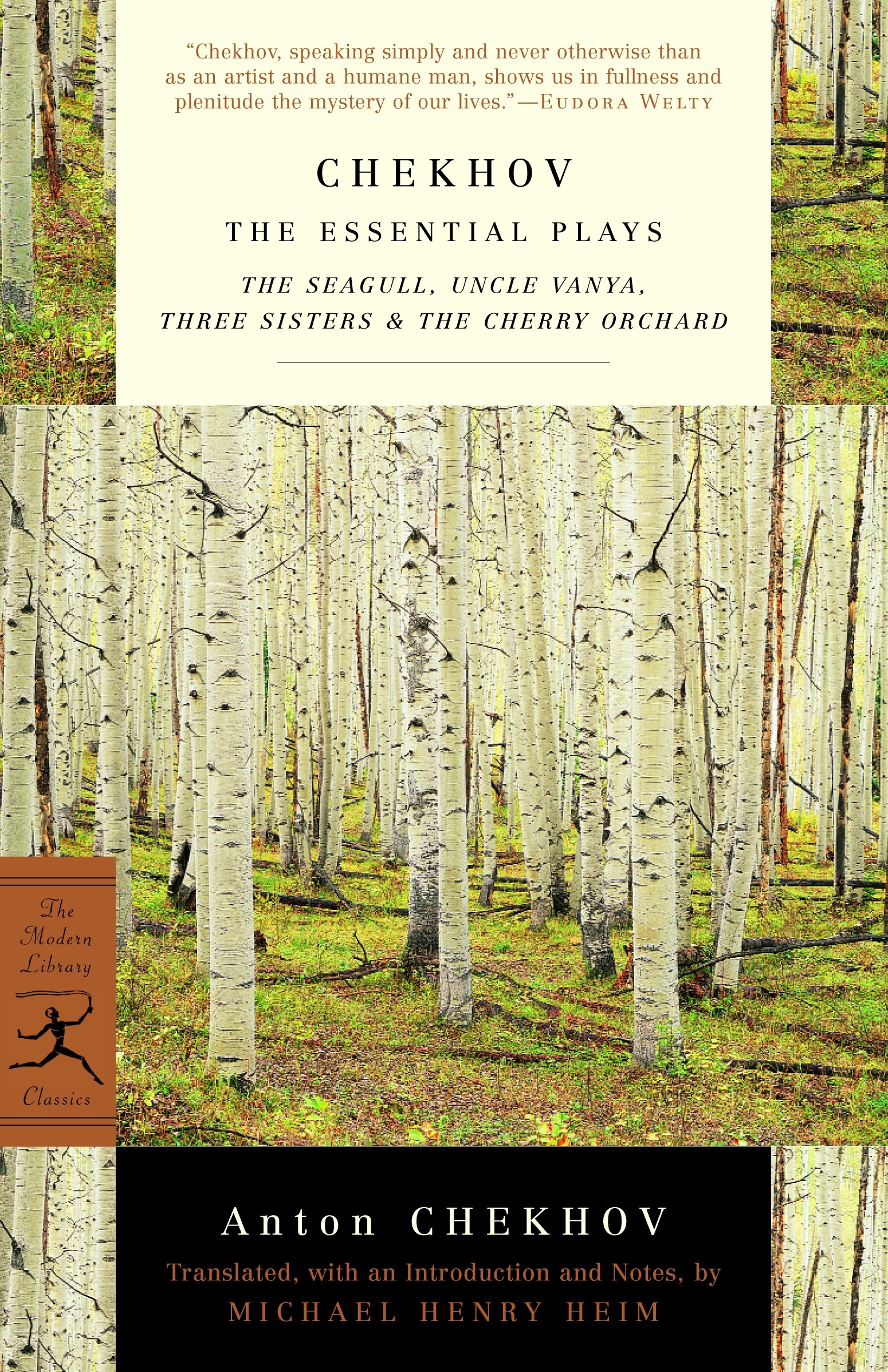

This Time in History In these videos, find out what happened this month (or any month!) in history.#WTFact Videos In #WTFact Britannica shares some of the most bizarre facts we can find.Demystified Videos In Demystified, Britannica has all the answers to your burning questions.Britannica Classics Check out these retro videos from Encyclopedia Britannica’s archives.Britannica Explains In these videos, Britannica explains a variety of topics and answers frequently asked questions.They have a rich past and a fleeting present. The aristocrats keep telling themselves they have a future, but of course they don’t. Even harder is when the music you’re playing just isn’t what people are dancing to anymore. “I don’t understand what you’re saying,” she says.įinancial distress is hard to accept, and the ledgers are right there. Lyubov can’t even grasp that plan, no matter how plainly stated. The new railroad runs right by they can cut down the cherry orchard, subdivide it into lots, and build summer cottages that will be snapped up by the bulging middle class. There is a sliver of hope, as level-headed Lopakhin keeps pointing out for most of the play. The party’s over, and it’s time for you to go - as financial ruin only hastens what time does to us all anyway. In her mother’s defense, it’s a hard lesson.

“She’d already sold the summer home in Monte Carlo, and she had nothing left, nothing. All except the lone actual child, teenage Anya, who offers clear-eyed commentary on her mother. The aristocrats are idiots, naturally, all permanent children - “Now I’m like a little girl again!” exudes Lyubov, reveling in the old nursery where the play unfolds. Why return? For a last champagne-fueled prance across the stage of life? To gaze in boggled loss at the trappings of their vanished youth? To clutch at themselves and despair in the manner of nearly everybody in a Chekhov play? Yes.

Lyubov, the grandiose matron of the family, and her entourage have returned from her self-imposed exile in Paris, where she has blown through the last of the money. While hesitating to summarize the plot of a Russian play - the names tend to blend together - I think I can get away with saying when “The Cherry Orchard” opens, the aristocratic family is bankrupt and their estate is about to be sold. If we want to live in the present, we have to atone for our past and break with it.”īut breaking with the past can hurt.

“Can’t you hear the voices of all those dead souls bought and sold by your family?” Trofimov, the “mangy moth-eaten student” demands of the maudlin aristocracy. Still, that’s passing comic relief in a play that includes a dead child, coldly spurned romantic gestures and a theme of facing the debts of the past that seem more 2023 than 1904. Chekhov labeled his last play, written as he was dying, a “comedy.” Falls certainly provides farce aplenty, with Yepikhodov’s pratfalls and squeaky boots. “Life’s gone by,” says Firs, the aged peasant.


 0 kommentar(er)
0 kommentar(er)
